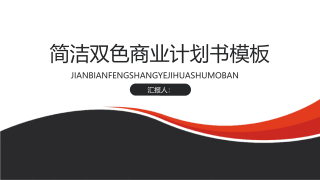危机冲击下我国燃油税改革的突破机理研究---基于利益集团理论的分析
硕士学位论文I摘要中国的经济体制改革在取得了举世瞩目成就的同时,仍有许多事关成败的重要改革尚未完成。现在,我国的经济体制改革已经由易而难、由外围向核心推进,利益冲突、利益摩擦在不断增加,改革的难度也越来越大。许多关系到民生的重要改革如燃油费改革等,在各种利益集团为追求自身利益最大化的相互博弈中举步维艰。而此次源自美国次贷的世界经济危机虽然对我国经济造成了严重的冲击,但也显示出我国体制内部存在的深层问题和尽快推进未完成改革的迫切性。危机的不期而遇,使各利益集团对改革的评价发生了微妙的变化,即危机给改革的推进和突破提供了更为适合的条件,甚至是一次难得的机遇。有理由相信,在我国经济体制转型研究随着改...
相关推荐
-
建筑工程投标文件范本-(格式)VIP免费
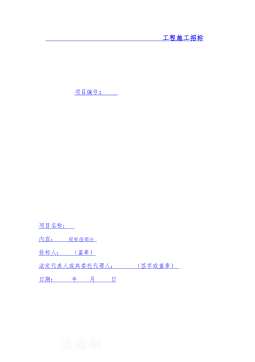
 2024-11-22 48
2024-11-22 48 -
疾病预防控制中心招标文件VIP免费
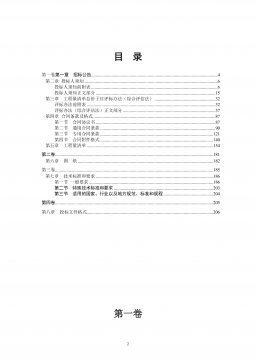
 2025-01-09 50
2025-01-09 50 -
体育健身中心施工招标文件VIP免费
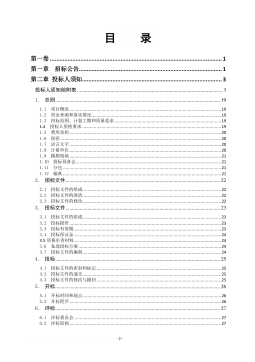
 2025-01-09 32
2025-01-09 32 -
江西丰城电厂及广东从化事故案例分析VIP免费
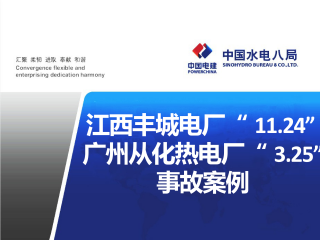
 2025-03-04 7
2025-03-04 7 -
钢结构节点图集CAD版(可编辑)VIP免费
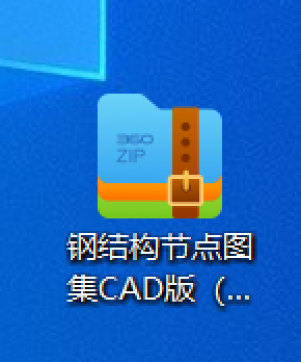
 2025-03-04 20
2025-03-04 20 -
[青岛]精品工程亮点做法图片集(130页)VIP免费
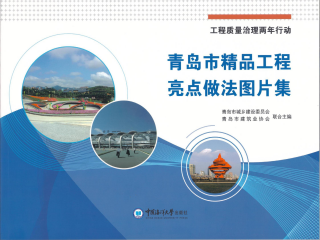
 2025-03-04 13
2025-03-04 13 -
外墙外保温工程技术规程JGJ144-2019VIP免费

 2025-03-04 11
2025-03-04 11 -
地铁停车场施工组织设计VIP免费
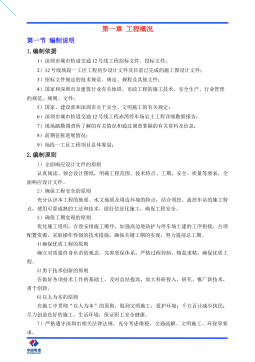
 2025-03-04 14
2025-03-04 14 -
项目建设安全管理流程图汇编VIP免费
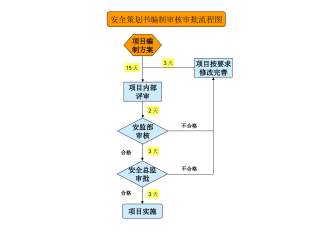
 2025-03-04 34
2025-03-04 34 -
特训班学习心得VIP免费
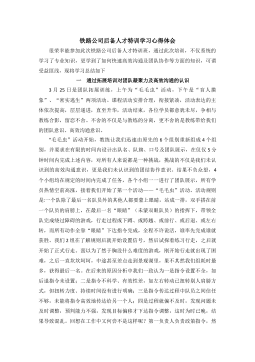
 2025-03-04 10
2025-03-04 10
相关内容
-

[青岛]精品工程亮点做法图片集(130页)
分类:行业资料
时间:2025-03-04
标签:建筑工程、精品工程、细部节点做法、亮点做法
格式:PPT
价格:5 积分
-

外墙外保温工程技术规程JGJ144-2019
分类:行业资料
时间:2025-03-04
标签:外墙保温、工程、规范
格式:ZIP
价格:2 积分
-

地铁停车场施工组织设计
分类:行业资料
时间:2025-03-04
标签:地铁、场段、施工组织设计
格式:DOCX
价格:3 积分
-

项目建设安全管理流程图汇编
分类:行业资料
时间:2025-03-04
标签:安全管理、流程图
格式:PPT
价格:1 积分
-

特训班学习心得
分类:行业资料
时间:2025-03-04
标签:拓展培训、结构化思考、培训、心得体会
格式:DOCX
价格:1 积分


